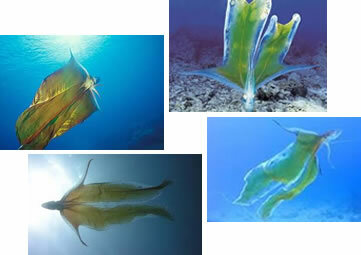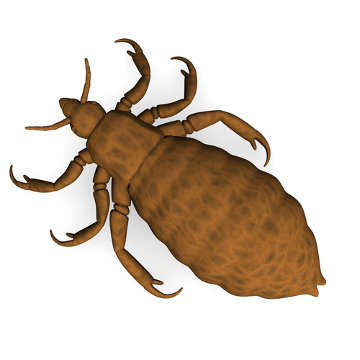As we know, the use of glue it's quite widespread, but do you know what glue really is? And its chemical composition? Do you have any idea how we could make glue from milk? Let's clear up each of these points now!
a) What is glue?
Glue is simply an emulsion that has an adhesive character. Its main purpose is to glue materials whose surface is porous. It can be classified according to three different types, which are:
Water-based glue:glue that has water as a component in greater quantity;
Solvent-based glue other than water:glue that presents other solvents as constituents in greater quantity. This is the case of acrylic glues based on the organic solvent toluol;
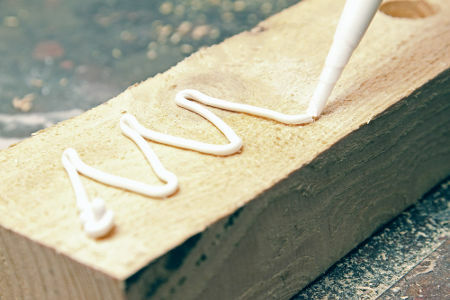
The glue used on wood is an example of a glue with a solvent other than water
Glue that reacts with air: in contact with air, it modifies its chemical structure, promoting the adherence of materials.

Super glue reacts with air and glue instantly
b) Chemical composition of the glue
The chemical responsible for the action of sticking in water-based glues is called polyvinyl acetate, which has the following chemical structure:
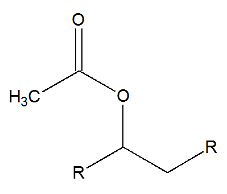
Structural formula of polyvinyl acetate
In glues based on different solvents, there are several types of substances that perform the adhesive function, such as:
Acrylic

Structural formula of acrylic
Polycarbonate

Polycarbonate structural formula
Polystyrene
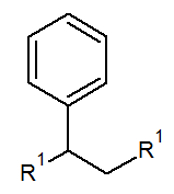
Polystyrene structural formula
Polychloroprene
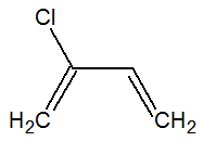
Structural formula of polychloroprene
Finally, glues that react with air are usually composed of the chemical component called cyanoacrylate.
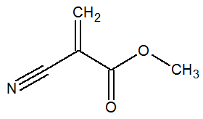
Structural formula of cyanoacrylate
c) How to make glue from milk
Milk has a protein called casein that is water-soluble because of its interaction with calcium. However, when milk receives an acid (such as acetic acid – vinegar), it loses calcium and precipitates (goes to the bottom) in the container where the milk was.
When we mix sodium bicarbonate with casein, a salt is formed with sodium that carries out the material's adhesive property.
Here is a simple recipe for making glue from milk:
1) Materials:
Stove
Pan
To harvest
500 ml of skimmed milk
60 ml of vinegar
NOTE: If you don't have vinegar, you can replace it with the same measure of natural lemon juice.
1 tablespoon of baking soda
A filter paper
Plastic funnel to position the filter paper
70 mL of water
NOTE:The filter paper and funnel can be replaced with a fine sieve.
2) Procedure
ATTENTION: To perform this procedure, it is essential that you ask for adult supervision.
Initially, put all the skimmed milk in the pan and heat it on the stove until it is hot (with the help of an adult to avoid burns);
Then turn off the heat and slowly add the vinegar, stirring all the time with the aid of a spoon;
Observation: Do not touch the pan to avoid getting burned. Preferably, have an adult do it for you.
When you notice that a dough is at the bottom of the pan, stop stirring;
Filter or sieve the contents of the pan using filter paper or sieve over a container to remove all liquid that is above the solid mass of casein;
Transfer solid mass to another container;
Dissolve the contents of a tablespoon of baking soda in 70 mL of water;
Finally, add the bicarbonate water mixture to the casein dough, stirring constantly;
The glue is ready.
Good experience!
By Me. Diogo Lopes Dias

